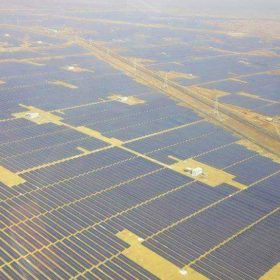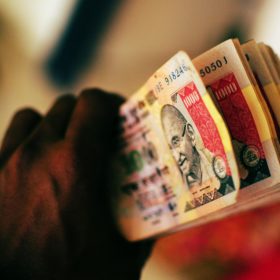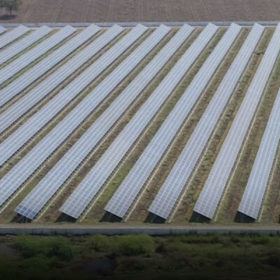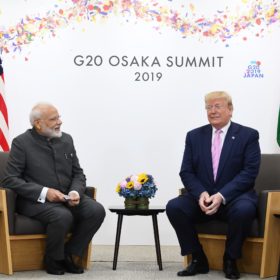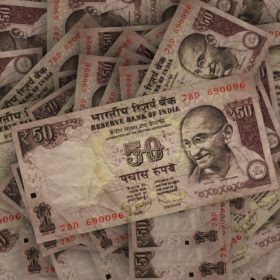NSEFI asks ministry to intervene as Andhra Pradesh curtails renewable power
After High Court’s stay on tariff revision, the state government has resorted to unprecedented curtailment of wind and solar power projects.
NSEFI seeks liquidity fund for utilities to clear solar power dues
The lobby group has written to the Ministry of New and Renewable Energy to create a fund for providing liquidity to State Discoms and thereby clearing the dues to independent solar power producers.
Anti-dumping duty on coated steel will raise solar project costs by 2-4%: Care Ratings
India’s Directorate General of Trade Remedies (DGTR) has determined that flat steel products coated with aluminium and zinc are being dumped by manufacturers in China at dumping margins of 30-50%, South Korea (20-30%) and Vietnam (10-20%). It has proposed anti-dumping duty based on the same to offset material injury to domestic manufacturers.
“Let’s compete on quality and innovation”: Vikram Solar CFO
With India losing major solar markets to stiffer competition from cheaper products, it’s high time to change the game by playing on quality and innovation—according to Vikram Solar Chief Financial Officer Rajendra Kumar Parakh, who spoke to pv magazine on the challenge of shrinking markets before Indian solar manufacturers.
PPA revisit in Andhra Pradesh will impact solar investment: India Ratings
The high-level committee formed by Andhra Pradesh government to review and renegotiate the signed power purchase agreements with wind and solar power developers has the potential to impair the cash flows of projects in the sector.
KPI Global gets GETCO nod to enhance solar power evacuation
Independent power producer KPI Global Infrastructure has received Gujarat Energy Transmission Corporation’s approval to enhance solar power evacuation from 30 MW to 70 MW (30 MW existing + 40 MW additional capacity) at 66 KV Amod Substation of district Bharuch in Gujarat.
‘Anti-dumping duty on coated steel will impede solar growth’
Citing the risk to solar projects, lobby group the National Solar Energy Federation Of India has asked the Ministry of New and Renewable Energy to exclude flat steel products coated with alloy of aluminum and zinc from anti-dumping duty.
Andhra Pradesh government to reduce payments negotiated under existing power deals
The state government will defy a ministerial order not to renegotiate signed deals after leadership of the legislative assembly changed hands in May’s elections. Consultancy Bridge to India says the contracts are legally binding but the move will shake investor confidence nevertheless.
India wins WTO solar dispute against US
A World Trade Organization panel has found a U.S. move to incentivize the use of domestic solar products put imported goods from India and other countries at a disadvantage.
Group captive solar projects on the rise among corporates
With Karnataka withdrawing open access waivers and the policy not replicated elsewhere, corporate buyers are increasingly favouring group captive projects that are exempt from the cross-subsidy surcharge—the largest and most unpredictable component of grid charges for open access power.
